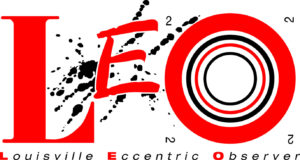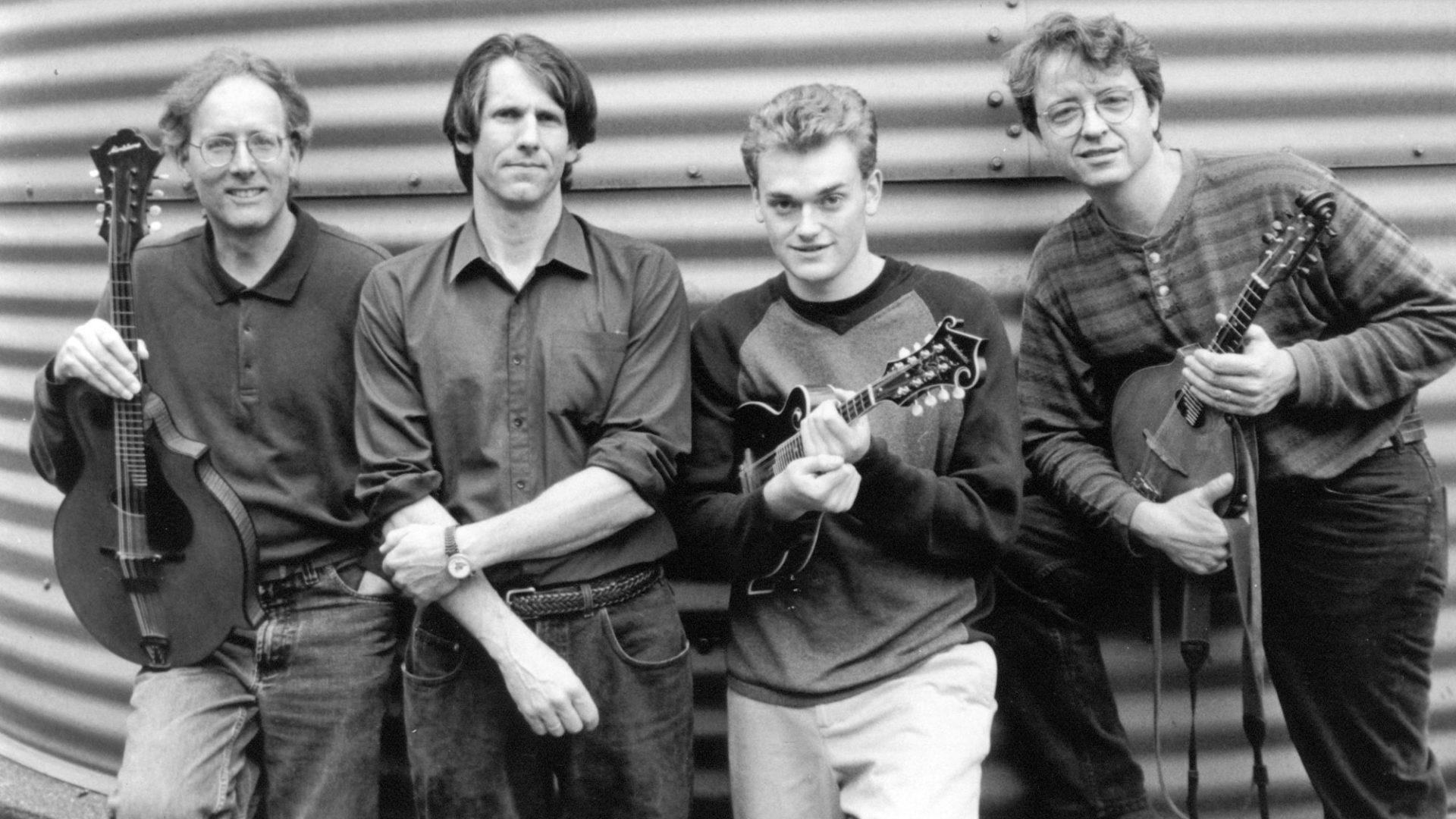
LMO plus MMQ equals A-OK
by Bryan E. Hurst
LEO Weekly
If the violin is the flamboyant diva of the string instrument world, I guess the mandolin would be her subdued cousin who works at the library. That’s no meant to offend mandolin players, or librarians, but as the violin conjures images of a wild-eyed Paganini, madly flailing away at his Stradivarius, no similar scenario involving a mandolin readily leaps to mind. At the risk of offending the whole world of bluegrass, you might even say that Bill Monroe, perhaps the best-known mandolin player of all time, is more widely remembered for his classic bluegrass songs and high, lonesome voice than for ground-breaking mandolin prowess.
The Modern Mandolin Quartet and the Louisville Mandolin Orchestra have spent many good years attempting to rectify this situation. Their efforts to fight the good fight will continue Tuesday night, March 13, as the two groups join forces in a concert at the Kentucky Center for the Arts.
The Louisville Mandolin Orchestra is actually carrying on a once-popular tradition. Consisting of mandolins, mandalas (similar to the viola), mandocellos (think cello) and other stringed instruments, mandolin orchestras were widespread at the dawn of the 20th century, although they are less frequently seen and heard this days. Besides its local and regional appearances, the LMO has participated in many international music festivals; in 1984 it became the first American mandolin orchestra to be invited to the Bundermusikfest, a prestigious quadrennial German music festival.
Organized in 1988, the LMO made its debut in a big way, taking part in the Lonesome Pine Special’s “Mando Magnificat” mandolin spectacular. “Mando” brought together the LMO, Kentucky native Sam Bush (of Newgrass Revival fame) and the Modern Mandolin Quartet for what MMQ member Mike Marshall quipped was a “mando renaissance”. The standing room only crowd went wild, and the show was televised on PBS; it is now part of the permanent collection at the Smithsonian.
The Modern Mandolin Quartet makes its return to Louisville with a slightly different lineup that thatLonesome Pine appearance. Marshall, who founded MMQ in 1985, left in 1997. The quartet now consists of Chris Thile and Dana Rather on mandolin, Paul Binkley on the mandolin and, on this tour, Radim Zenkl on mandocello (replacing John Imholz).
Think of the MMQ as being much like the conventional string quartet, except that the players use picks instead of bows. As such, they’ve primarily attacked the canon of classical music often performed by their bowing brethren. Their eponymous 1988 debut featured 15 short selections by composers ranging from Bach to Bartok. Their inspired sophomore effort, Intermezzo, added the whimsy of Bernstein’s “Cool” (from “West Side Story”) to the mix, and no doubt NPR listeners have heard excerpts of their performance of Nutcracker Suite during the winter holidays.
MMQ’s latest, Interplay (DNote), is its first since leaving Windham Hill Records after 1994’s adventurous Pan American Journeys. It features two works created for the quartet – Tully Cathey’s “Elements (Fire, Earth, Water and Air)” and the title piece, composed by the Turtle Island String Quartet’s David Balakrishman.
The Modern Mandolin Quartet and the Louisville Mandolin Orchestra will perform at the KCA’s Bomhard Theatre on Tuesday, March 13, at 7:30 p.m. Each will perform a separate set before they join to perform Vivaldi’s “Concerto for Two Mandolins in G Major” and Astor Piazzolla’s “Melody in A Minor.” The concert is produced by Louisville Imaging Services, a service of Norton Healthcare, and by First Quality Musical Supplies.
MMQ will also make a free in-store appearance on Monday, March 12, from 5 to 7 p.m., at First Quality Musical Supplies, 7006 Tradeport Drive, in the Riverport Industrial Park. First Quality makes handcrafted string instruments, and enjoys a stellar reputation world-wide.

